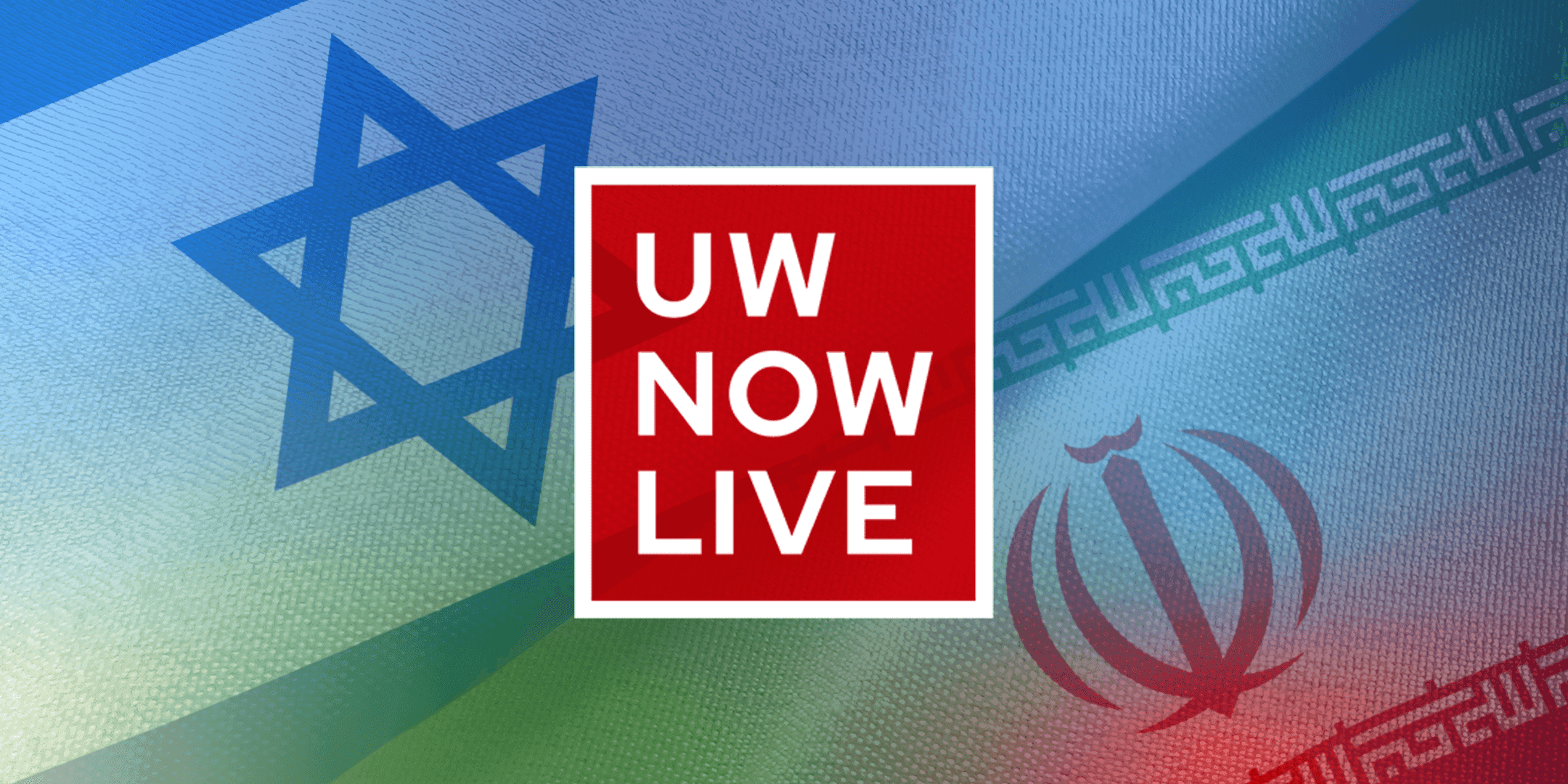At the start of President Trump’s second term, the United States seemed to be trending toward isolationism: Trump had criticized the conflicts in Iraq and Afghanistan as “forever wars,” and he disparaged involvement in foreign disputes, such as the war in Ukraine.
But after Israel began bombing Iran in early June 2025, Trump announced his intent to assist Israel. On June 22, U.S. bombs and missiles hit Iranian locations suspected of hosting nuclear weapons development facilities.
The next day, the bombing campaign ended in a ceasefire.
The conflict was surprising in its rapid beginning and ending. But UW political scientist Jon Pevehouse suggests that maybe we shouldn’t be surprised, when Iran’s internal politics are considered.
“The big fear with Iran was always, if they get the bomb, they’re crazy and we don’t know what they’re going to do with it. They’re fundamentally irrational,” he says. “I’ve said for years that they’re not irrational. They’ve had many, many, many opportunities to inflict large amounts of conventional damage on U.S. forces, on U.S. spaces in Iraq in the region, and they’ve always been restrained. They’re very calculating. And I chalk some of that up to their own domestic vulnerability.”
Pevehouse is a member of the UW’s Department of Political Science and the Mary Herman Rubinstein Professor of Political Science and Public Policy. He specializes in foreign relations and international trade, and he coauthored the leading textbook on international politics, International Relations. On July 8, 2025, he’ll join fellow UW political scientist Andrew Kydd on the UW Now Live, when Mike Knetter will host a discussion about war and peace in the Middle East, covering how this situation began, why it ended, and what it means.
My Chief Area of Research Is:
American foreign policy, international political economy, and international organizations — I’m looking into nationalism and trade policy. I’m trying to do a historical evaluation of that.
On the UW Now Livestream, I’ll Discuss:
I will probably talk mostly then about the domestic political situations going on in Israel, the U.S., and Iran. To me, that’s the really fascinating angle. It started fast, and it ended fast. And I think that all of that is due to domestic political pressures in all three countries. And I don’t think that means we necessarily have ended in a good spot. I still don’t know quite what I think about it.
If There’s One Thing Viewers Should Remember, It’s:
I think it’s this point about the political situation — how the domestic political situation was the reason this conflict ended so quickly on all three sides. It was a little bit less about what we often think about war — about deaths or the battlefield stuff.
To Get Smart Fast, See:
- The BBC is always fascinating. They’re kind of a third party here.
- The IAEA has some interesting updates. They’re trying to be neutral. But they’re making fairly bold statements.
- The Wall Street Journal has some really interesting coverage. I’ve become a big fan of the Journal.




